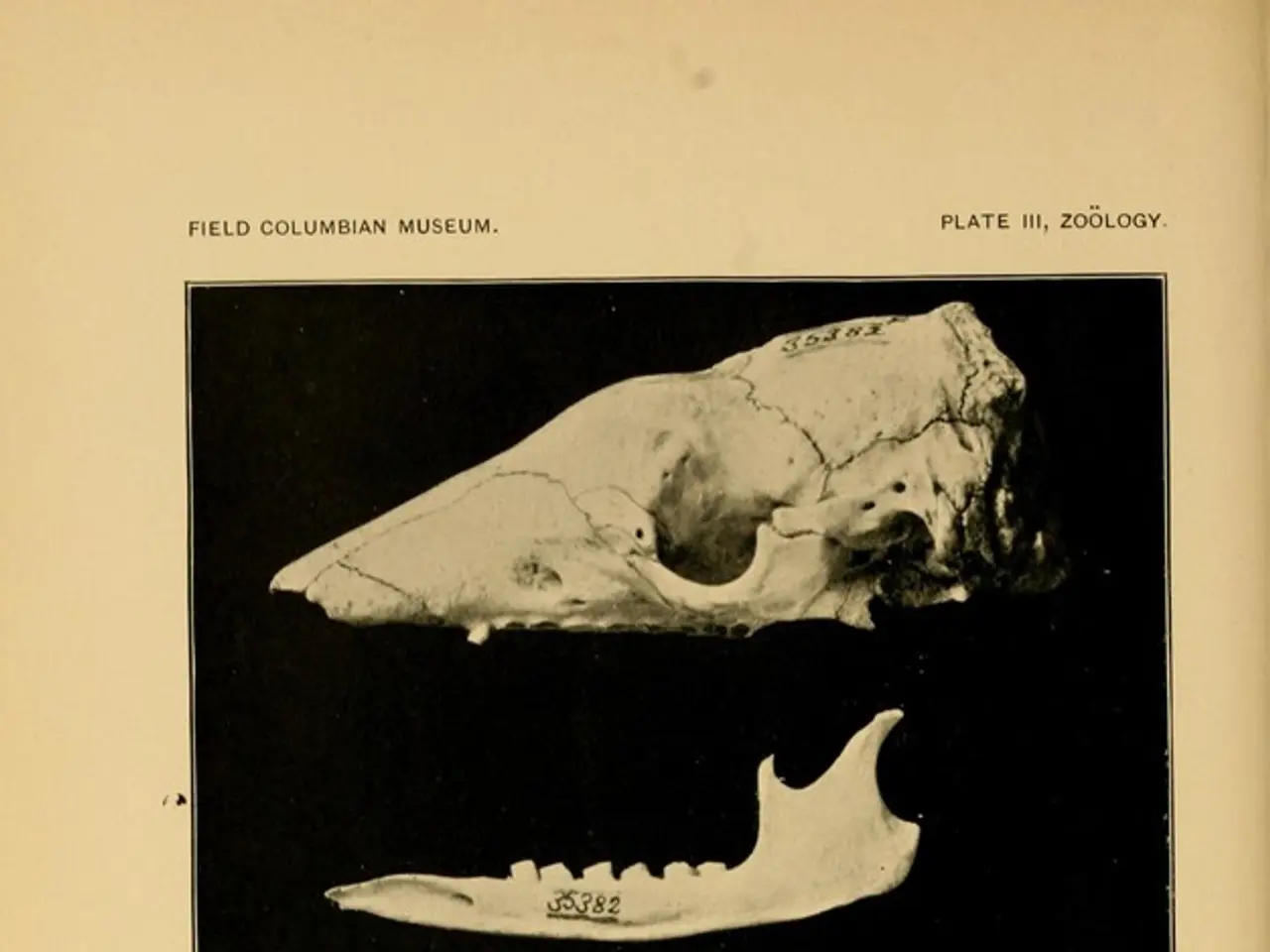Duchenne Muscular Dystrophy: Causes, Impact, and Current Treatments
Duchenne muscular dystrophy (DMD), a progressive muscle-wasting disease, primarily affects males worldwide at a rate of about 1 in 3,500. It's caused by changes in the DMD gene, which produces a vital protein called dystrophin. Low dystrophin levels increase the risk of muscle injury, inflammation, and weakness.
DMD is an X-linked recessive disorder. Males, having one X chromosome, develop the disease if their X chromosome carries a gene change. Females, with two X chromosomes, typically only develop DMD if both X chromosomes are affected. Most cases are inherited, but around 30-35% result from spontaneous mutations.
The DMD gene's location on the X chromosome explains why males are more commonly affected. Females who are carriers, having one affected X chromosome, can pass the gene change to their children. DMD causes progressive muscle weakness, making routine activities challenging, and increases the risk of life-threatening heart and breathing problems.
Currently, there's no cure for DMD, but treatments are available to slow its progression and manage symptoms. Understanding the disease's genetic basis and its impact on muscle stability is crucial for ongoing research and patient care.







